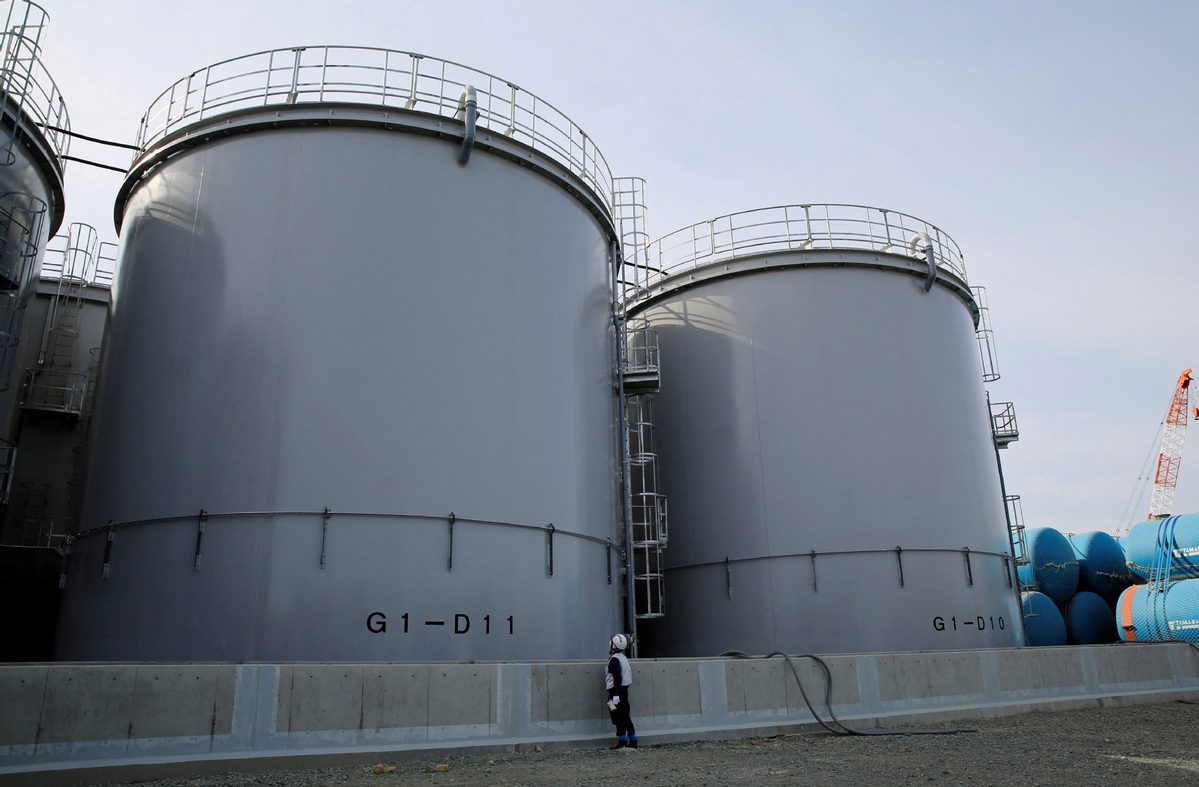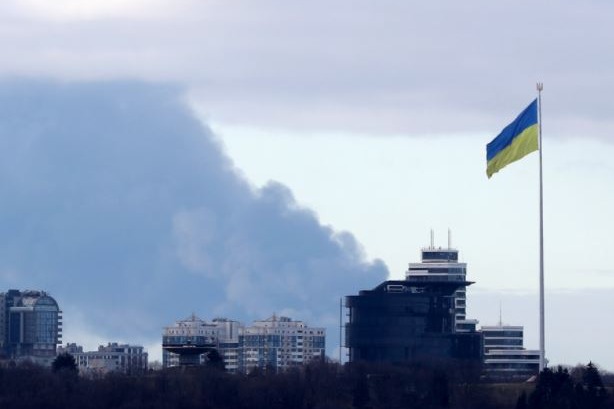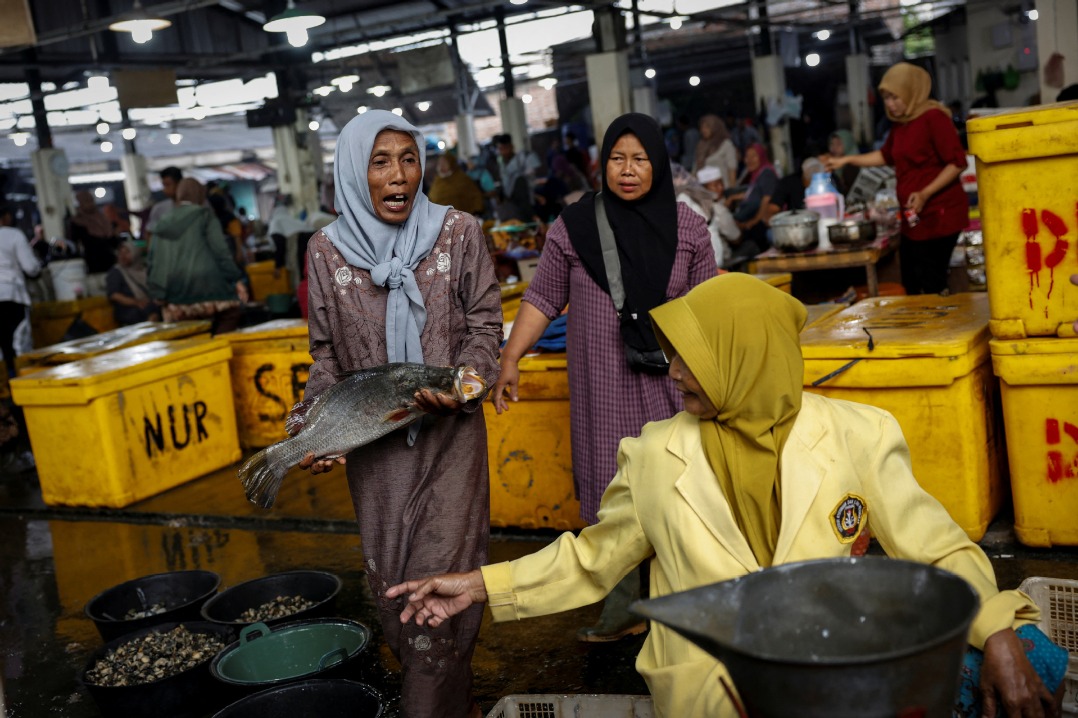Fukushima plan worries spark appeal


With Japan edging closer to toxic water release, Pacific islands press for delay
SYDNEY — Pacific island nations are urging Japan to delay the planned release of contaminated wastewater from the crippled Fukushima Daiichi nuclear power plant into the Pacific Ocean over fears fisheries will be contaminated, the Pacific Islands Forum, or PIF, said on Wednesday.
The Japanese government said last week that water from the Fukushima plant could be released into the sea "around this spring or summer", raising concerns from island nations still grappling with the legacy of nuclear testing decades ago.
In April 2021, Japan approved the future release of more than 1 million metric tons of water from the site into the ocean after treatment.
The forum, a regional bloc of 17 island nations, argues that the release of the water could have a major impact on fishing grounds that island economies rely on, and where up to half the world's tuna is sourced.
According to the Fiji Broadcasting Corporation, PIF Secretary-General Henry Puna is backing the call from independent global experts who say they are not satisfied that the evidence provided so far is independent and verifiable.
"Our region is steadfast that there be no discharge until all parties verify it is safe," Puna said in a livestreamed seminar from Suva, Fiji.
In the meantime, Puna said the secretariat is still working closely with Japan and power company TEPCO on the issue.
"We're hoping to engage with them as soon as possible and the indications from Japan are that they are prepared to meet with us. It is absolutely important for the Pacific that Japan does not go ahead with the release," he said.
"We must prevent action that will lead or mislead us toward another major nuclear contamination disaster at the hands of others," said Puna, adding that Pacific islanders continue to endure the long-term impacts of the nuclear testing legacy on a daily basis.
The United States conducted nuclear testing in Pacific islands in the 1940s and 1950s and the Marshall Islands continues to campaign for more compensation from Washington over lasting health and environmental effects.
Ken Buesseler, a scientist with the Woods Hole Oceanographic Institute, told the forum that a PIF scientific expert panel was urging Japan to reconsider the waste release because it was not supported by data and more information was needed.
Radioactivity moves across the ocean with currents and tides and risks contaminating fish, he said.
Japan's foreign ministry has said that regulators deemed it safe to release the water, which would be filtered to remove most isotopes but would still contain traces of tritium, an isotope of hydrogen hard to separate from water.

































